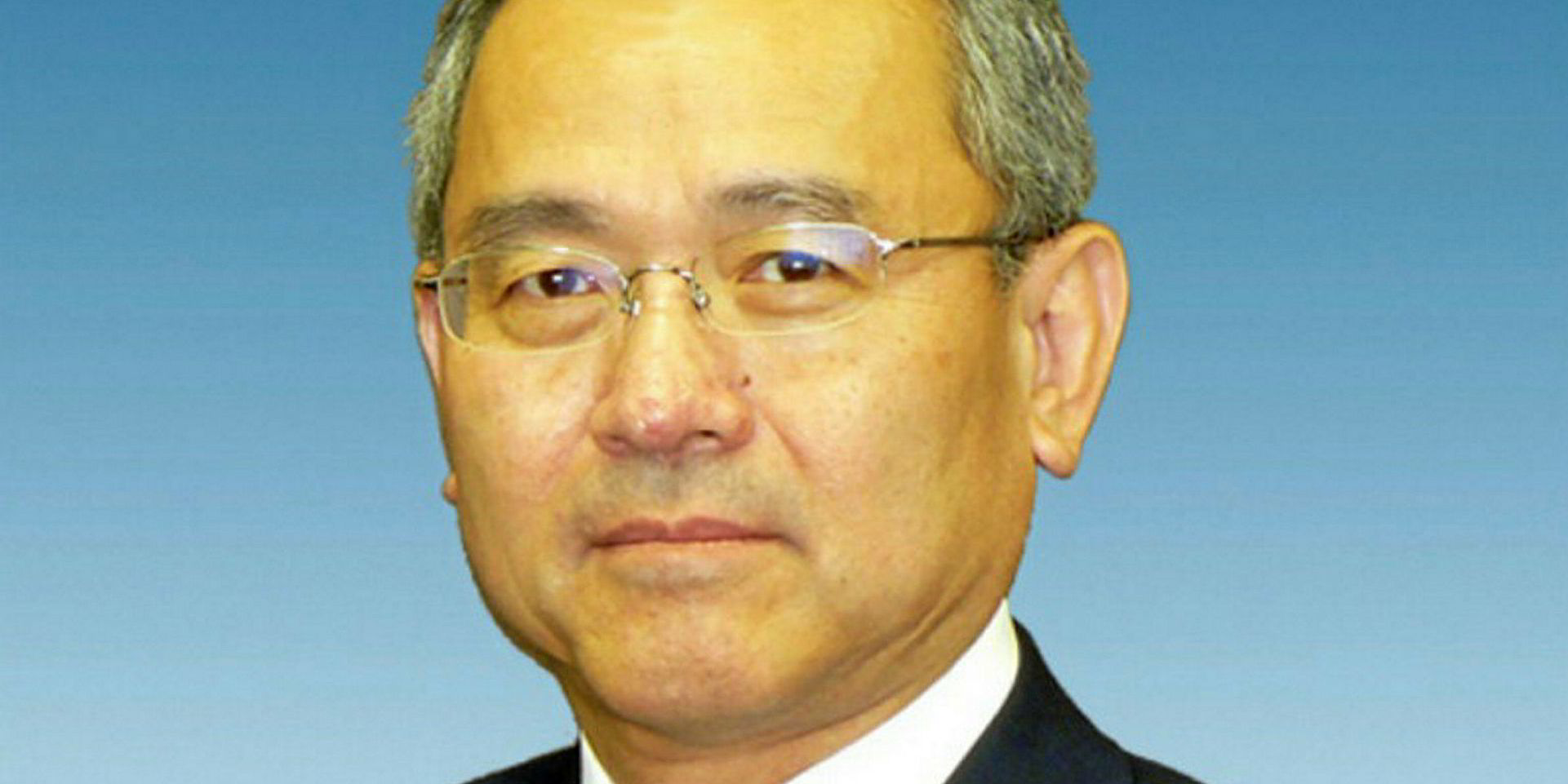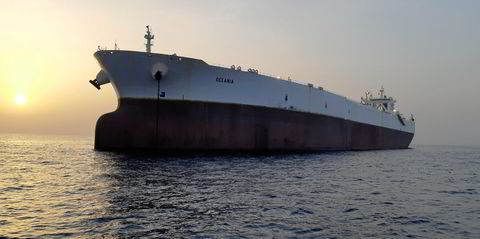Japan’s Daiichi Chuo Kisen has reformed its dry bulk business in a bid to improve its profit and loss management as it continues to downsize its fleet a year and a half after coming out of a court administration.
The Tokyo-based bulker operator has simplified its business model by creating two new dry bulk sections.
The main division will be its dedicated industrial carrier and large bulkers, including vessels from handymax to capesize ore carriers.
A new division will oversee general tramp operations, steel material shipments and Daiichi’s near-sea and coastal business.
The company’s general affairs, accounting and planning departments have also been put under a central management division.
The official line is that the reorganisation is aimed at improving “profit and loss management”.
However, it also reflects scaling down of the business since its 2015 bankruptcy and a renewed focus on dedicated vessels and long-term freight contracts under president Toshihide Egawa.
The company has been reducing its fleet of handysize bulkers which it mainly operated on the spot market. According to VesselsValue, Daiichi has sold off seven modern bulk carriers over the past year including one panamax, one supramax and five handysize vessels.
The most recent sales were of the 33,100-dwt Ikan Jebuh (built 2011) for $12.5m and 37,000-dwt Ocean Quartz (built 2012) for $11.8m with the ships still awaiting delivery to the undisclosed buyers.
Daiichi has yet to make its first investment since it came out of administration in August 2016.
It currently controls a fleet of 52 bulkers, compared with about 180 before its financial troubles when it was quoted on the Tokyo Stock Exchange and part of the giant MOL group.
Daiichi is now privately owned by a consortium of financially robust Japanese shipowners, financiers and shipyard creditors including the likes of dedicated tonnage providers Doun Shipping and Nissen Shipping. The structure of its ownership, made up of yards and owners, has fuelled speculation it could be well placed to grow again.
However, Daiichi has not made any financial disclosure since its bankruptcy, so the extent of its financial recovery is unclear.




